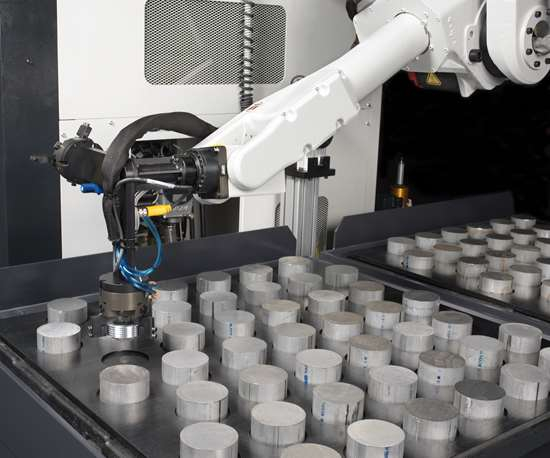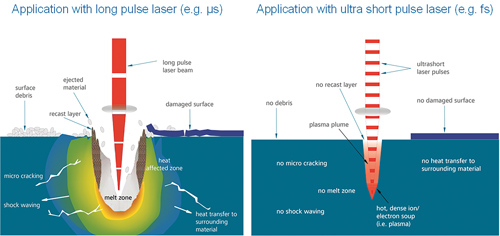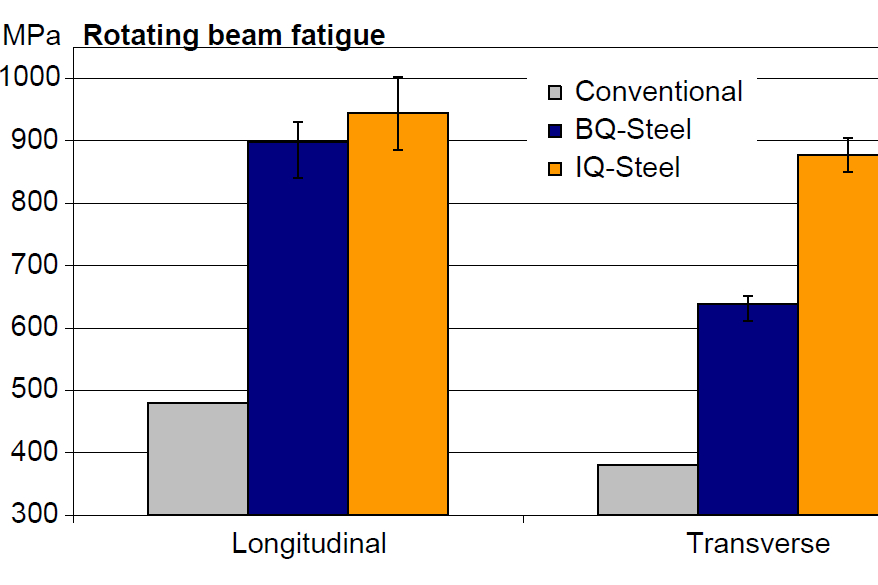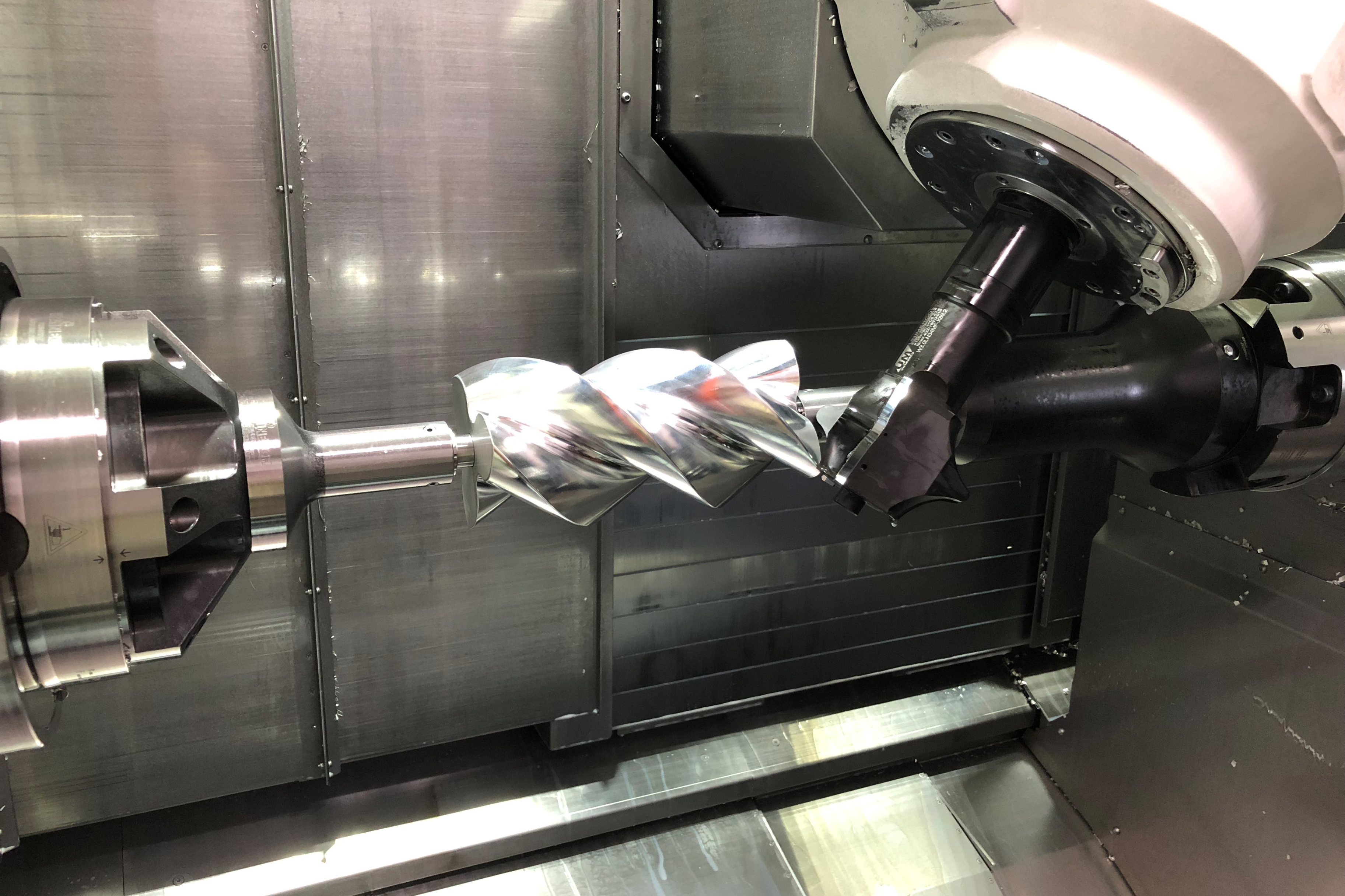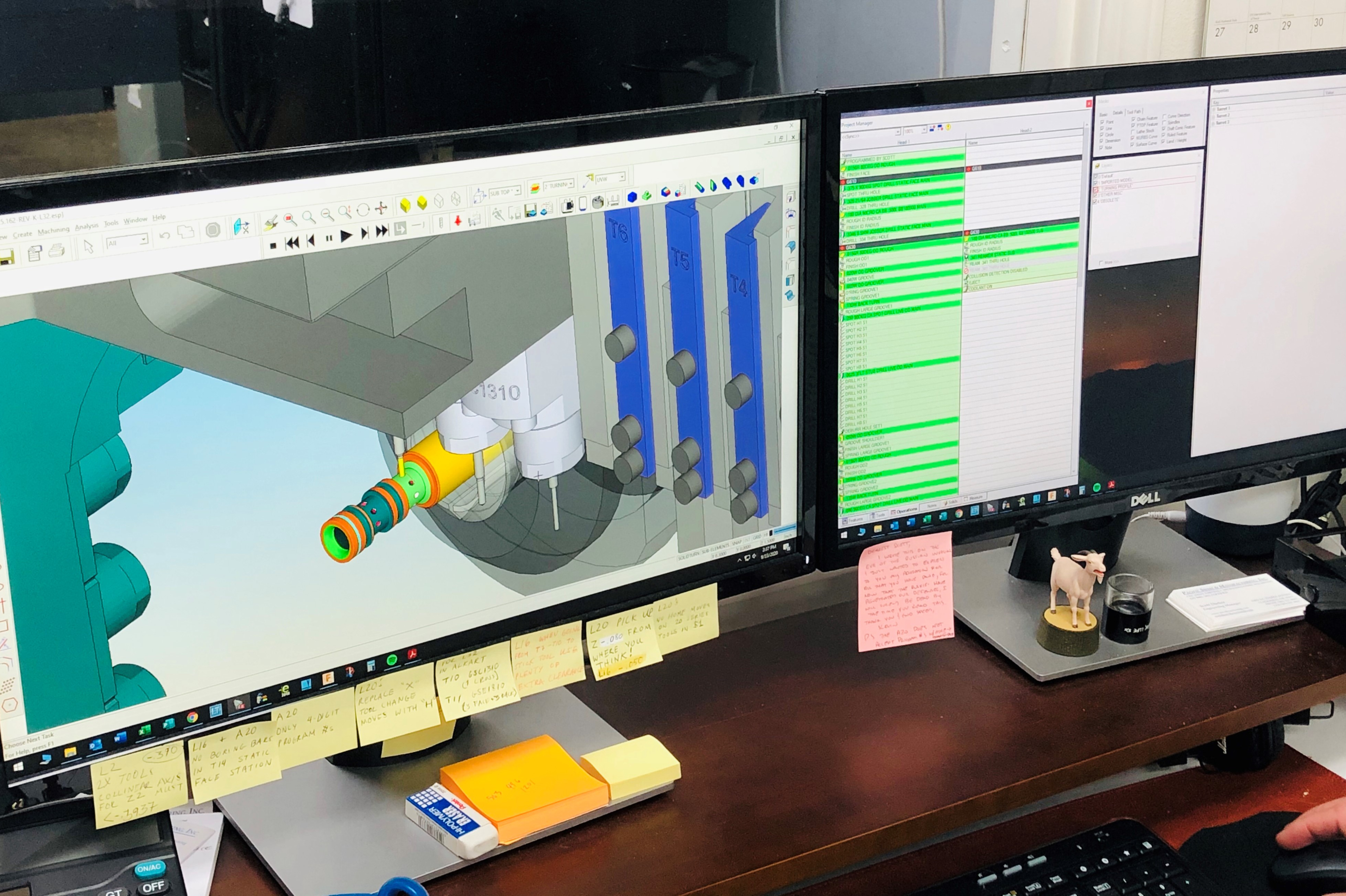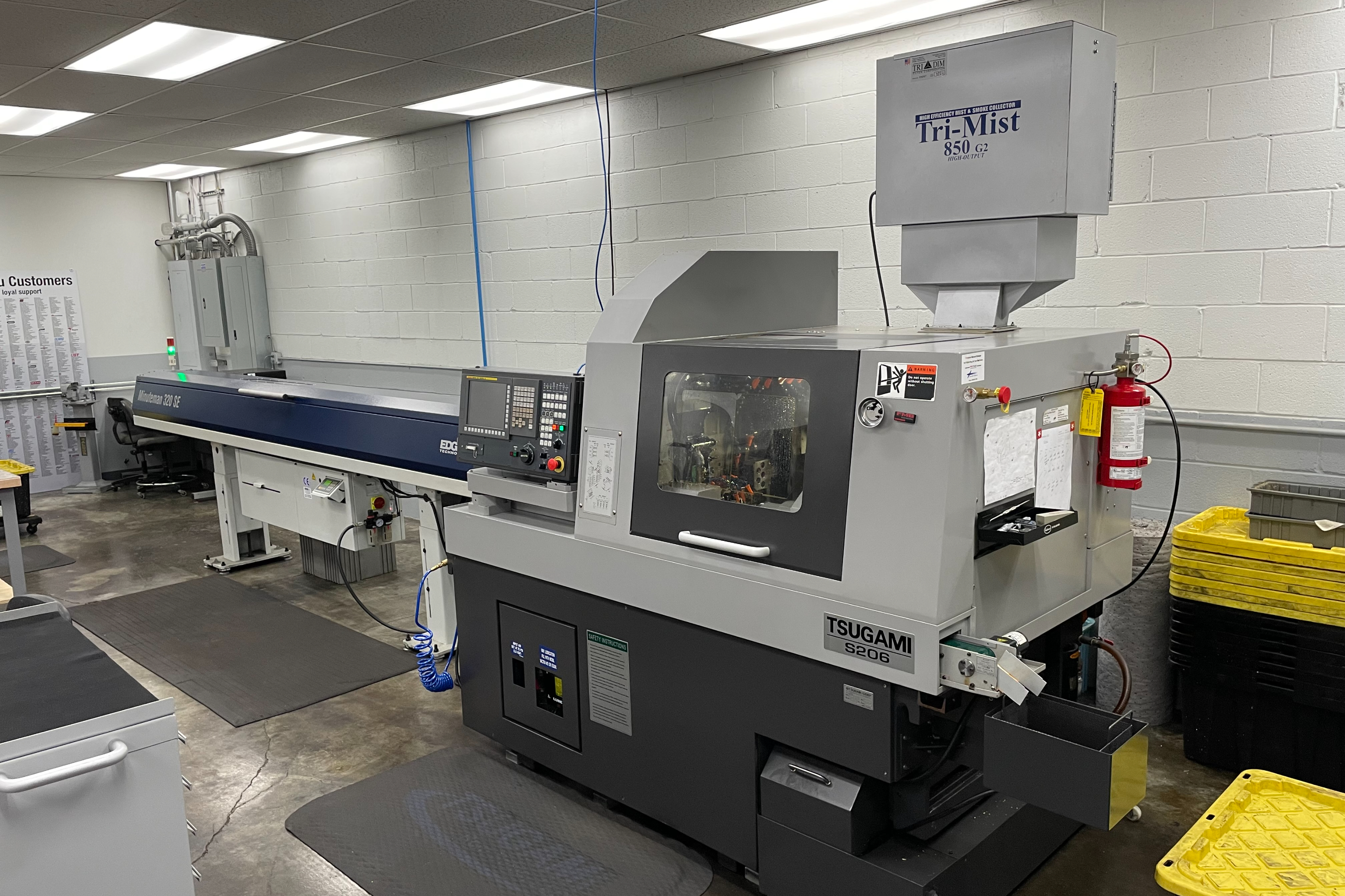Credentials Underutilized by U.S. Manufacturers, Says Report
With funding from NIST, Workcred has released a report showing that manufacturers are not using credentials as much as they could be for hiring and vetting of workers, one reason being that they are not well understood.
Edited by
To help strengthen the quality, value and effectiveness of manufacturing credentials in the United States, Workcred, an American National Standards Institute (ANSI) affiliate, has released areportfunded by the National Institute of Standards and Technology (NIST) Hollings Manufacturing Extension Partnership (MEP) examining how credentials are currently used in hiring and retention practices, and how credentialing can be improved to advance the manufacturing industry.
The study revealed that credentials have uneven use in the manufacturing industry and are not routinely required or used as a major factor in hiring or promotion decisions. Many manufacturers do not know what credentials are available or how they are relevant to their workplace. Often, they do not view credentials as the most relevant tools to identify new skilled personnel or as incentives to improve the quality of their existing workforce. Notably, manufacturers believed that credentialscouldserve as a critical resource if they were better understood and made more in line with skills needed in their facilities.
The report, “Examining the Quality, Market Value, and Effectiveness of Manufacturing Credentials in the United States,”is available for free downloadon the Workcred andMEPwebsites,and features recommendations for multiple stakeholders including manufacturers, credentialing organizations, educators, accreditors and policymakers.
Based on findings drawn from survey and focus group participants, which represented a range of manufacturing sectors, facility sizes, geographic regions and job roles, the report provides insights on how credentials are used and valued by industry at a time when U.S. manufacturers report a skills mismatch. With nearly 3.5 million manufacturing jobs likely to be needed over the next decade, 2 million positions are expected to go unfilled, according to aDeloitte report.
Credentials, increasingly recognized as valuable solutions to the skills mismatch, can vary from certificates and certifications to licenses, degrees, badges and microcredentials. For the U.S. manufacturing industry, increasing the quality of credentials could help increase the effectiveness, efficiency, and performance of the labor market.





